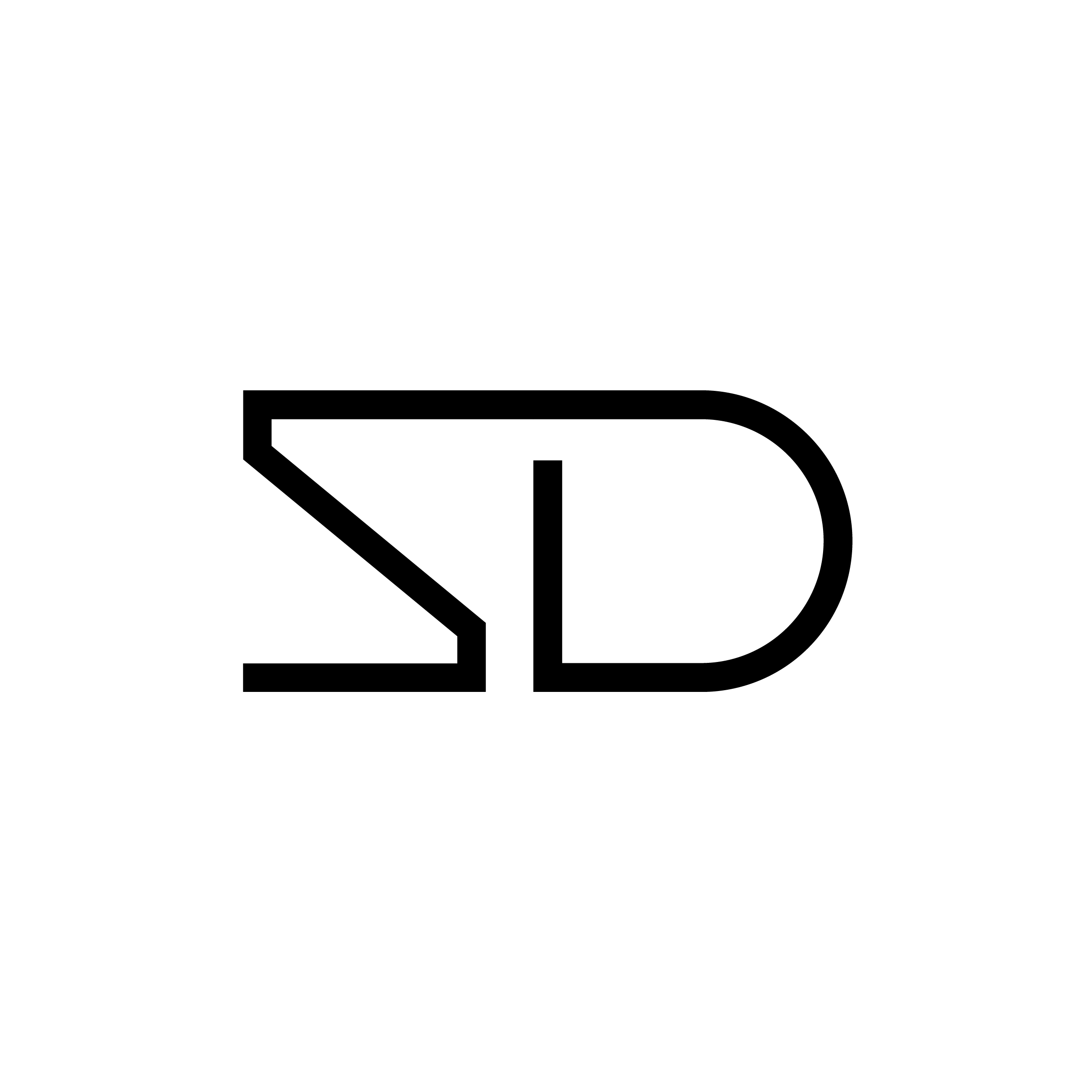The textile that is making the Fashion Industry circular
Two of the major problems the fashion industry needs to solve are its reliance on resource intensive and polluting virgin raw materials, as well as finding a valuable use for the more than 92 million tons of textile waste that are incinerated or landfilled at great environmental cost around the globe annually.
Infinited Fiber Company is a Finnish fashion and textile technology start-up which turns textile waste into up-cycled fibres that are being used by some of the world’s leading fashion brands like Patagonia, H&M and Wrangler. Their technology is currently the only solution for the industry’s problems and the only way to make a fully circular model a reality. The company uses textile waste as raw material, such as old t-shirts, worn-out jeans, old bedsheets. During the recycling process, these textiles are completely cleaned down and broken down at the polymer level through responsible chemistry to be born again as unique, new, high-quality textile fibres that have a soft and natural look and feel like cotton. This reborn or regenerated textile fibre has been renamed ‘Infinna’.

In the past year, a lot of retail and fashion giants have signed contracts with Infinited Fiber start-up in order to be able to use and sell clothing products made out of this regenerated material.
Inditex, the parent company of Zara, Massimo Dutti and Pull & Bear, for example, has just signed a major three-year deal worth €100 million with the circular technology specialist start-up. A three-year initial partnership involves Inditex commiting to buy 30 percent of Infinited Fiber Company’s annual future production volume of its Infinna textile, which replicates the look and feel of cotton, but can be created from 100 per cent textile waste.
Tommy Hilfiger and Calvin Klein parent company PVH has also signed a multi-year deal with Infinited Fiber Company. PVH identified the partnership as a key step towards its 2030 goal to reduce negative environmental impacts to zero. The brand’s first products using Infinna will drop this summer 2022.
Retailers and brands such as Patagonia, Ganni, Pangaia, Zalando and H&M have also signed partnerships over the past year to use Infinna and are already using the material in their current collection and planning to keep using it for the future.

Infinna, as well as being made out of textile waste, can also be created out of other cellulose-rich waste streams like used cardboard, paper, or even agricultural residues like rice or wheat straw. No matter which of these goes in, what comes out is the same, premium textile fibre. Infinna is biodegradable, it doesn’t contain microplastics to clog up the oceans, and clothing made with it can be recycled together with other textile waste in the same process. This innovative material is really building a circular model for the fashion industry. For consumers and brands, circularity essentially means getting rid of waste and reducing pressure on natural resources. This model is all about keeping what’s already been created in circulation for as long as possible, and Infinna production processes are closing the loop between waste and raw materials by preventing textile and other waste from ending up in landfills and instead using it as the raw material for new textiles.
With so many world’s top clothing brands trying and testing this new fibre, they all found it to work really well in a whole range of textiles from denim to single jersey to French terry to shirting fabric. In order to not compromise on style or comfort, the shift to a recycled fabric has been slower than we all expected, but it’s finally exciting to see that the waiting is over both for consumers and designers. The hope is that the industry really starts to accelerate its action to right the wrongs and starts to give people guilt-free clothing material options.
(information sourced on voguebusiness.com and forbes.com)
(Image 1 by Infinited Fiber Company & Fanny Haga)
(Image 2 and featured image: by Infinited Fiber Company & Fanny Haga)

